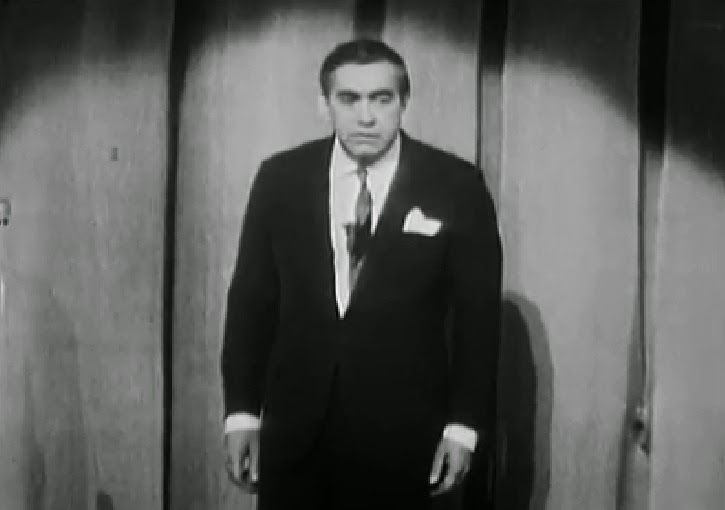1 November 2014
Review of Hancock's Ashes, BBC Radio 4
I have just listened to Hancock's Ashes, an Afternoon Drama written by Caroline and David Stafford which is currently Radio 4's Play of the Week. It's very well done: there's a narrowness of focus which means the story is perfectly suited to the forty five minute slot. I wonder, in fact, if it has its origins on the stage, as it all takes place in one location, and despite a few offstage murmurs is essentially a duologue between Willie Rushton (Ewan Bailey) and an Australian customs official (Richard Dillane), adamant that the eponymous remains which Rushton wants to take back to England must travel in the hold of the plane. On the other hand, I suppose you could say it's a perfect chamber piece for radio.
Without going into too much detail, as that would ruin the surprise of the piece's twists and turns along the way, the play quickly establishes itself as a battle of wits, the official claiming he doesn't have a TV and isn't interested in the news, so despite the headlines about his recent suicide "Mr Hancock" is an unknown quantity to him. Surely unlikely, but you need that for the play to work: always put more pressure on the protagonist, as they say, and it means the Rushton character really has to struggle to state his case and woo this Antipodean jobsworth entirely lacking in residual fondness for the great comedian.
Outlined as it is above, this could have turned out as a kind of playwriting by numbers, so all credit to the writers, Caroline and David Stafford, for creating someone who seems a worthy foeman for Rushton - again, I can't say more without spoiling it. And the play wittily exposes the problem of trying to explain Hancock's appeal to someone who hasn't seen him. After all, there are no real gags you can quote, and how do you describe one of those facial expressions? I seem to remember that at some point even Roger Wilmut (in his book Tony Hancock: "Artiste") had to fall back on saying: "He was funny because he was funny." And I remember an acquaintance at art school, of a vintage to have seen the programmes when they originally came out, saying that he and his friends would turn the sound down, just to watch that wonderfully mobile face.
But if you're not a Hanock nut, don't worry. The play isn't concerned with making a detailed case for The Lad in order to convert non-believers. In fact it doesn't really depend on any knowledge of the comedian at all - nor, indeed, of Willie Rushton - to be enjoyed. Those who are familiar with both men may remember a particular connection between them, which is employed to very good effect in the play, but the piece can be enjoyed simply as a culture clash: Rushton's role as satirist and Australia's involvement in the Vietnam war are also woven into the narrative.
Hancock's Ashes is such a great idea that I can't help wondering why no one has thought of it before - but (as with a radio play about Stan Laurel, similarly narrow in focus, reviewed here) it's also very well executed. I should also make clear that it isn't simply a talk piece: there is enough in the way of narrative suspense to hold an audience. And if it's possible to make a reasonable guess at the story's eventual outcome - it's Radio 4 in the afternoon, not Radio 3 on a Sunday night or the late lamented Friday evening slot on 4 - there are pleasing surprises en route.
And if it is, as I suppose, an intentional nod towards the typical Hancock situation - the Lad coming up against a petty-minded authority figure - then, for reasons I can't go into without spoiling your enjoyment, it's very satisfying that Willie Rushton should be his representative on this occasion.
Hancock's Ashes, by Caroline and David Stafford, can be heard on the BBC page here for the next four weeks. [Update 15/3/17: recently repeated, it is once again available via the above link, for the next four weeks.]
I am the cowriter of Freddie Davies's autobiography Funny Bones which includes an account of his appearing with Tony Hancock on The Blackpool Show (above) in 1966. There is a deeper connection, too: Hancock's idol Sid Field was straight man to Freddie's grandfather, Jack Herbert, for several years and copied some of his mannerisms. Funny Bones includes the first detailed account of Jack's career, drawing on Jack's own papers, the testimony of his brother and much else.
Hancock's biographer (and much else) John Fisher has reviewed Funny Bones here.
Subscribe to:
Post Comments (Atom)




No comments:
Post a Comment